Abbas and the Farce of Palestinian Democracy
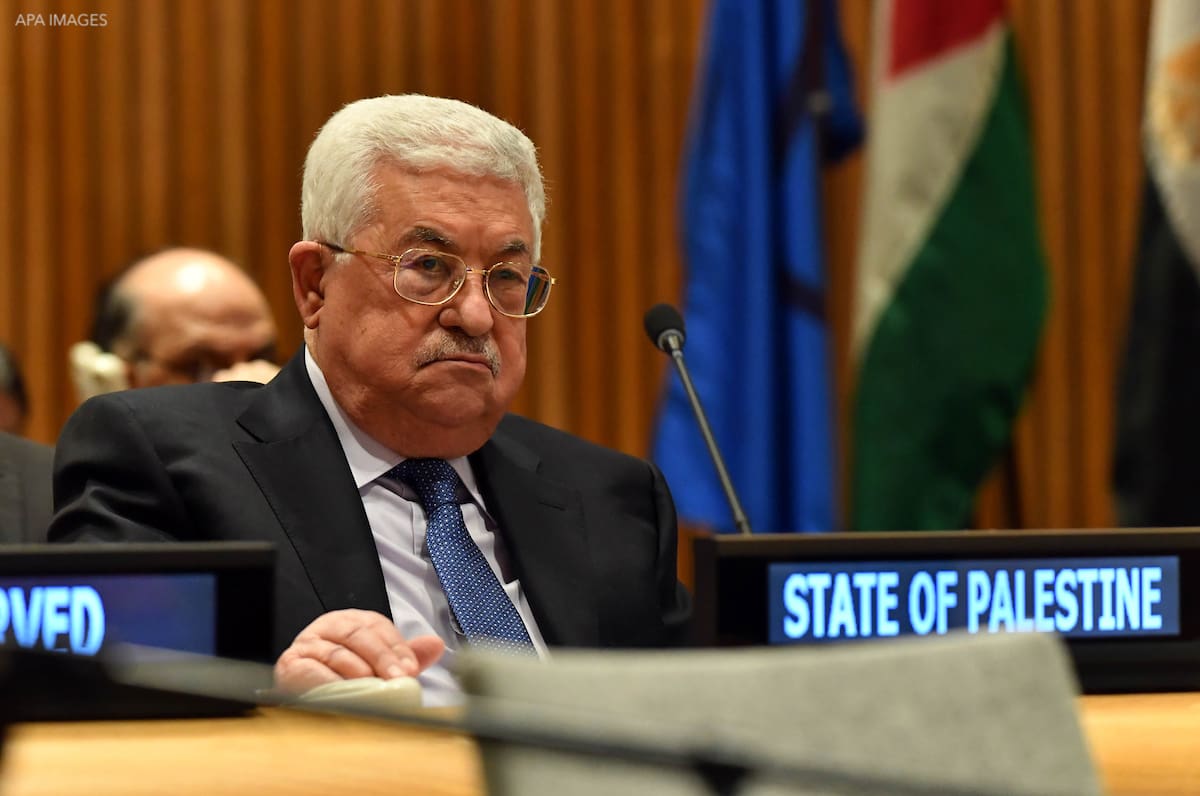
What’s behind Palestinian Authority President Mahmoud Abbas’ recent dissolution of the Palestinian Legislative Council? Al-Shabaka Palestine Policy Fellow 24588 analyzes the move, uncovering likely motives and consequences in light of Abbas’ broader grip on power, and proposes ways to increase Palestinian democratic space.
What are the Elements of a Strategic Palestinian Narrative and Discourse?
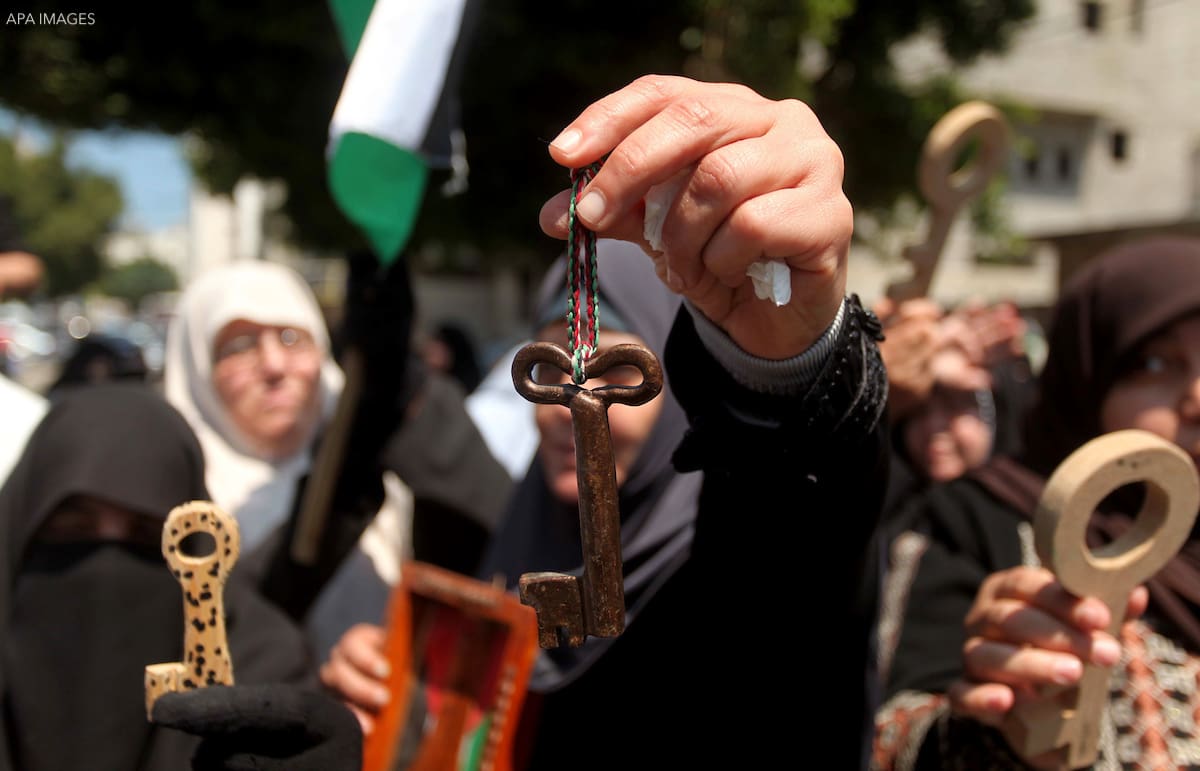
This commentary is part of Al-Shabaka’s Narrative and Discourse Policy Circle, convened in 2018, in which a team of Al-Shabaka policy analysts worked together across borders to tackle the question of whether Palestinians should have a sole, legitimate narrative and, if so, what it should be. For more from this policy circle, see Hazem Jamjoum’s “Reclaiming the […]
Neopatrimonialism, Corruption, and the Palestinian Authority: Pathways to Real Reform
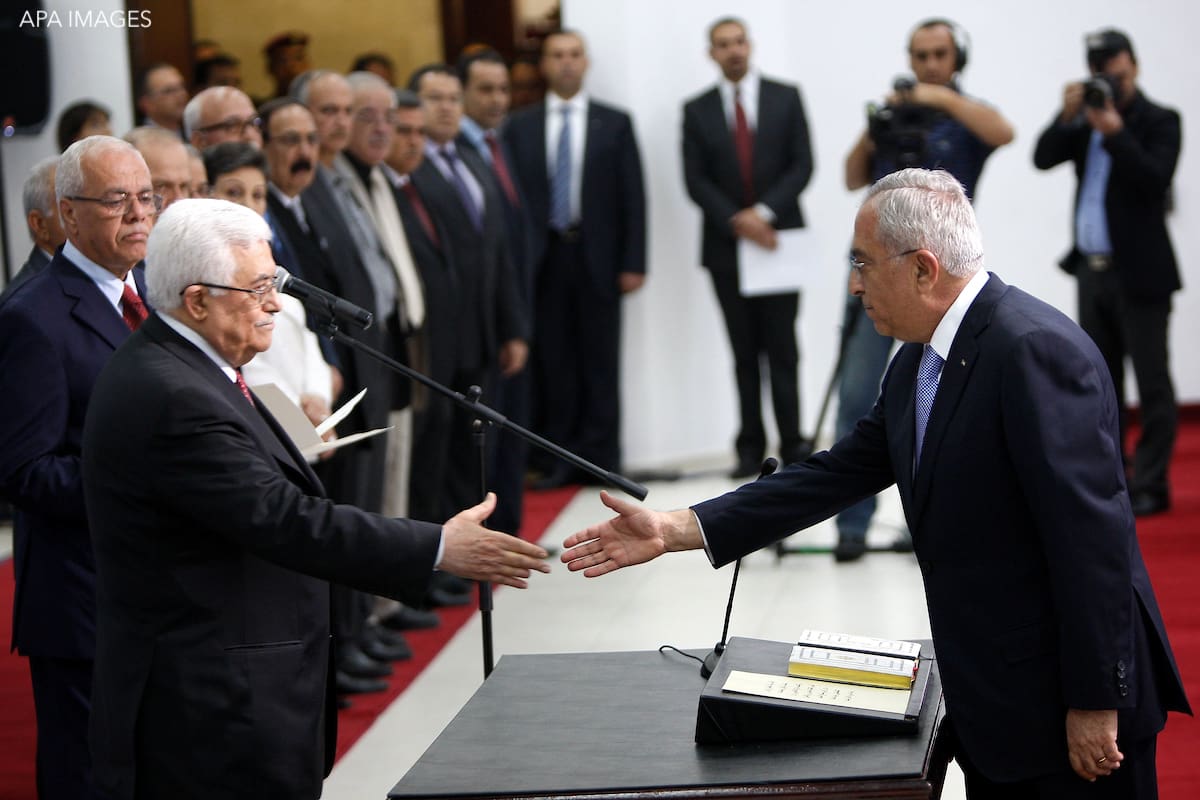
Overview Palestinians recently ranked corruption as the second largest problem they face after the economic crisis – higher than the Israeli occupation, which ranked third. Indeed, Palestinians generally view Palestinian Authority (PA) officials as a self-serving, elitist group disconnected from the Palestinian national struggle and the daily sufferings of the people. Such perceptions are fostered […]
“The Lobby – USA”: Lessons for the Palestine Solidarity Movement

Though Al-Jazeera never aired “The Lobby – USA,” its undercover investigation into how Israel’s government works with US organizations to advance its agenda, last month the Electronic Intifada leaked the four-part documentary. Al-Shabaka sat down with EI co-founder and Al-Shabaka analyst Ali Abunimah to discuss the film’s implications and its lessons for the Palestine solidarity movement.
The EU and Jerusalem: The Potential for Pushback
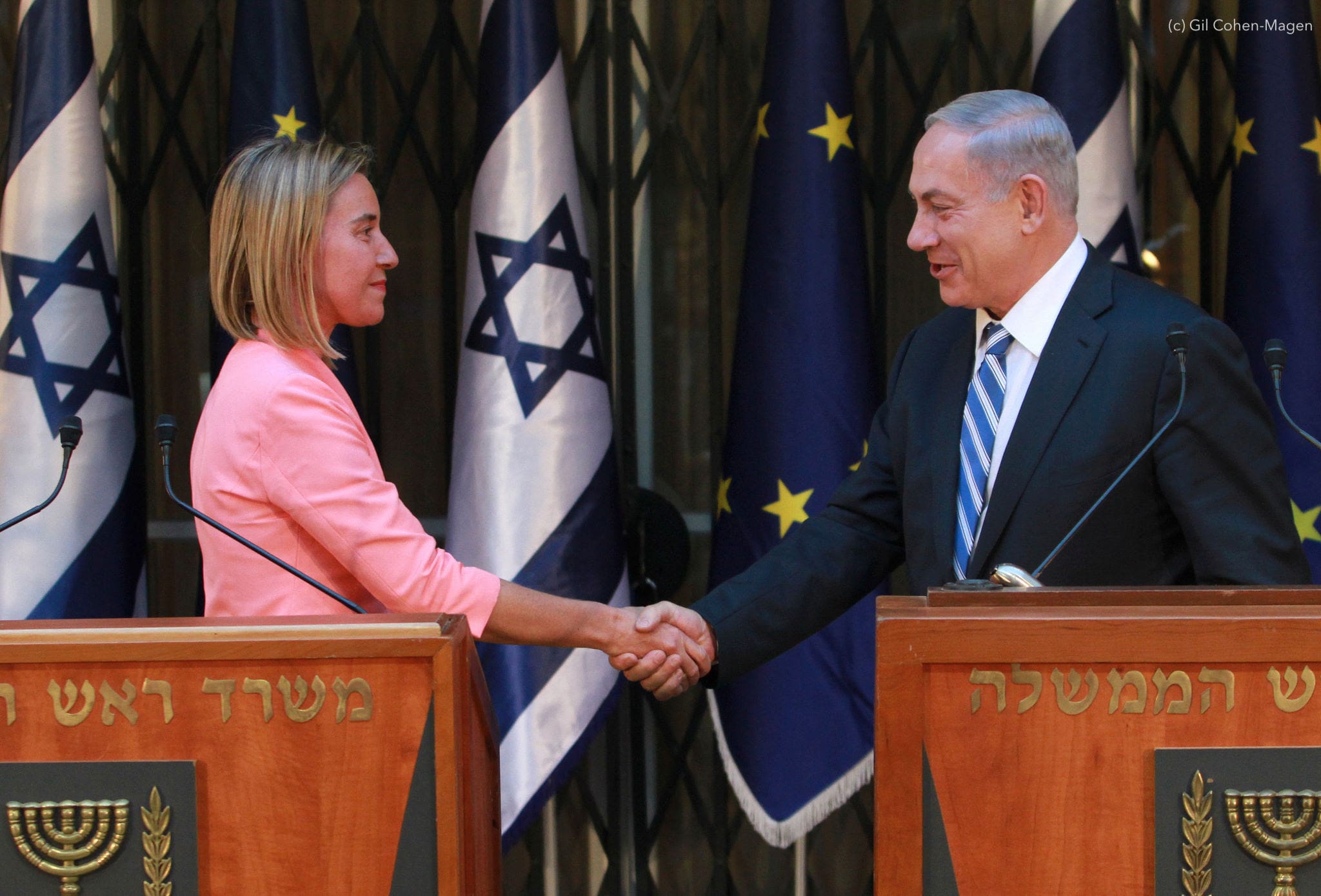
Though the EU routinely fails to transcend statements of condemnation and implement international law regarding Palestinian rights, there is potential for it to hold Israel to account. In light of the US embassy move, Al-Shabaka’s 24588 considers the status of Jerusalem and offers ways the EU can induce Israel to respect the rights of the city’s Palestinian inhabitants.
Palestinian Narrative: How Do We Build A Strategy?
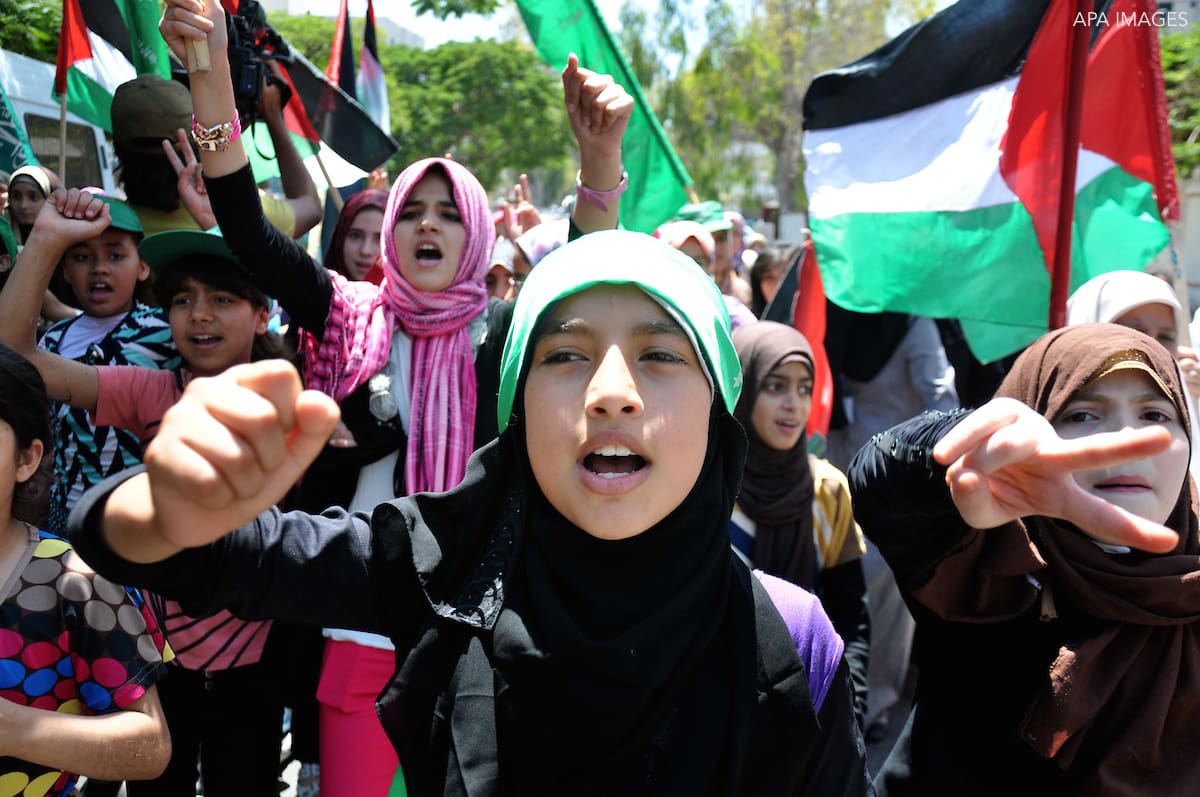
Why is a collective narrative important to the Palestinian liberation struggle? What challenges do the Palestinian people face in promoting their narrative, and who has legitimacy to promulgate it?
Al-Shabaka analysts Tamara Ben-Halim and Hazem Jamjoum weigh in on these questions and more in this month’s Palestine Policy Lab, facilitated by 24369.
Dark Money: Palestine, Mega Donors, and the 2018 Midterm Elections
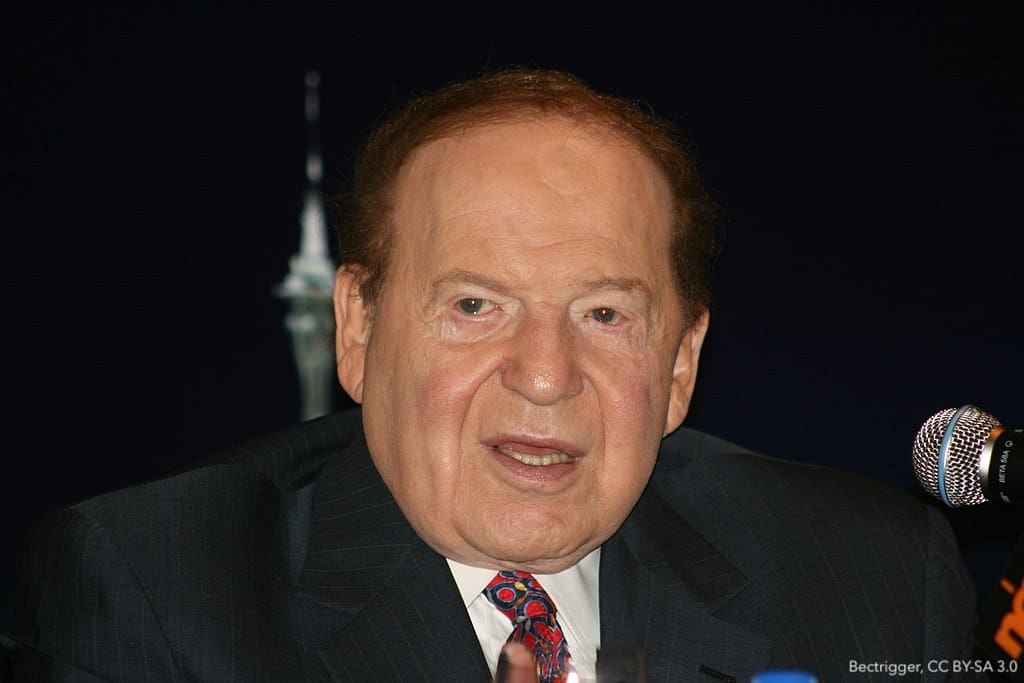
The impending US mid-term elections are expected to be the most expensive in American history, with Republicans and Democrats continuing to rely on pro-Israel mega donors like Sheldon Adelson and Haim Saban. Al-Shabaka Policy Analyst Osamah Khalil examines these donors’ outsized influence on campaigns and policy and recommends ways for Palestinian activists and allies to counter their sway.
Israel’s Stranglehold on Area C: Development as Resistance
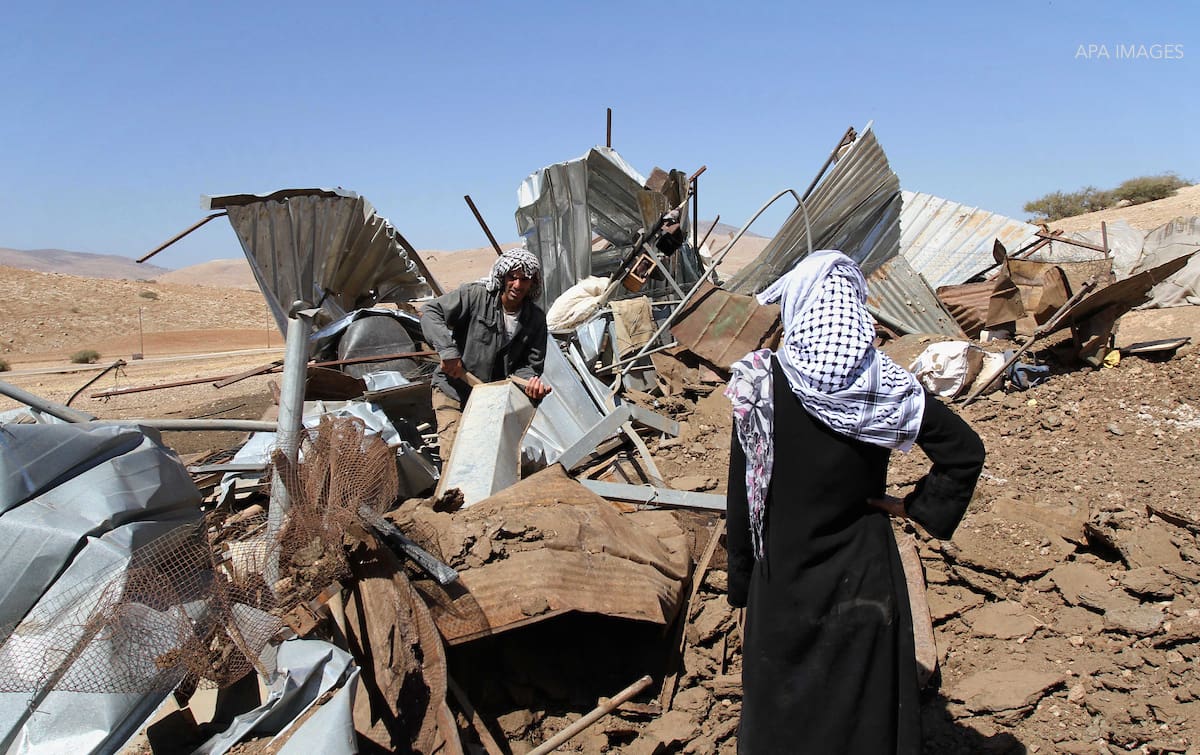
Five decades of occupation have severely limited Palestinian development, and nowhere is this more apparent than in Israel-controlled Area C. Al-Shabaka Policy Analyst 24352 examines development as a vehicle for Palestinian steadfastness and resistance in Area C and beyond, and recommends ways Palestinians can advocate for development projects that would serve them for generations to come.
Palestine Post-Oslo: Moving to a Just Future
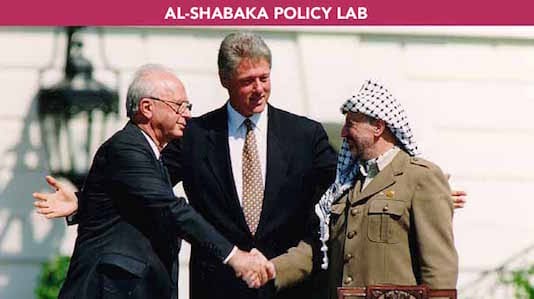
September 2018 marks the 25th anniversary of the Oslo Accords. Looking back, how did the agreement impact the Palestinian national project and cohesion as a people? What does a post-Oslo Palestine look like?
Al-Shabaka analysts Sam Bahour and Amal Ahmad delve into these questions and more in this month’s Palestine Policy Lab, facilitated by Nadia Hijab.









